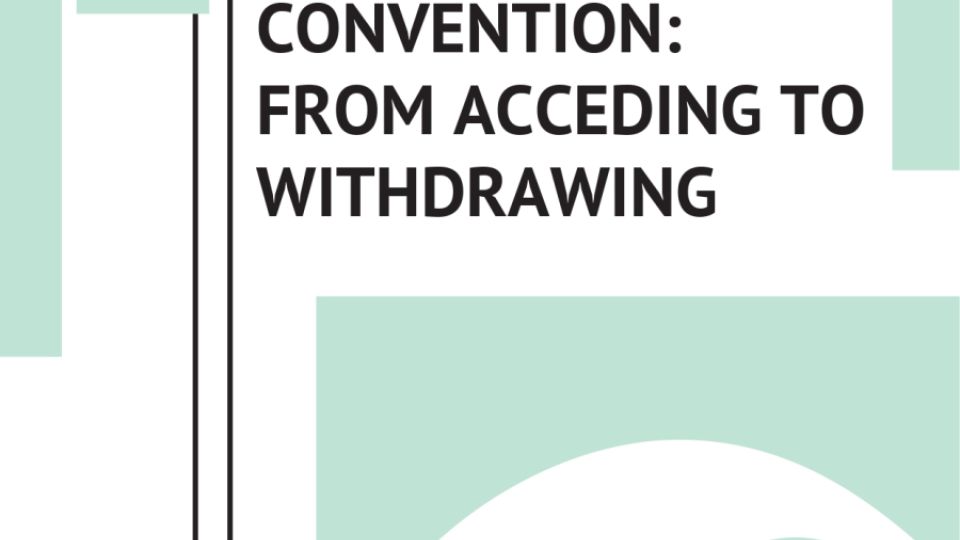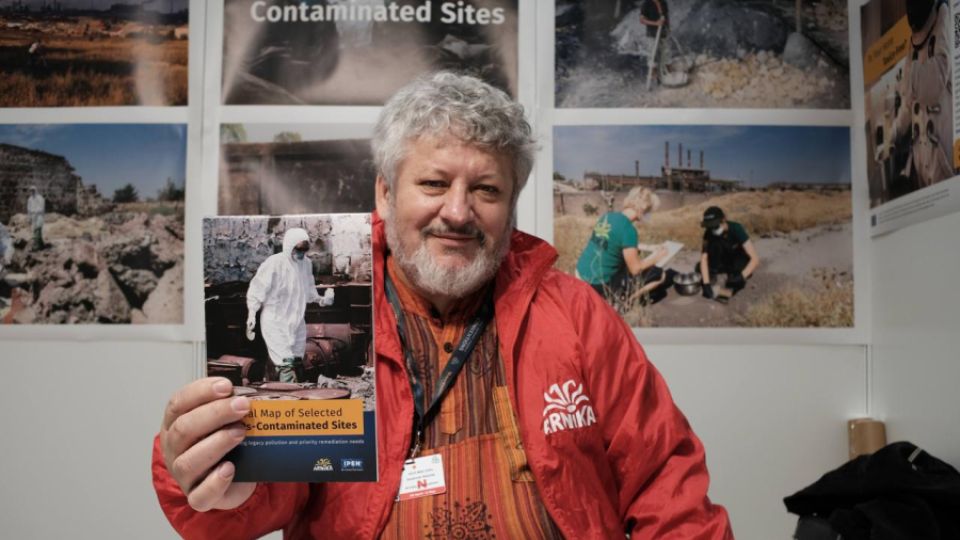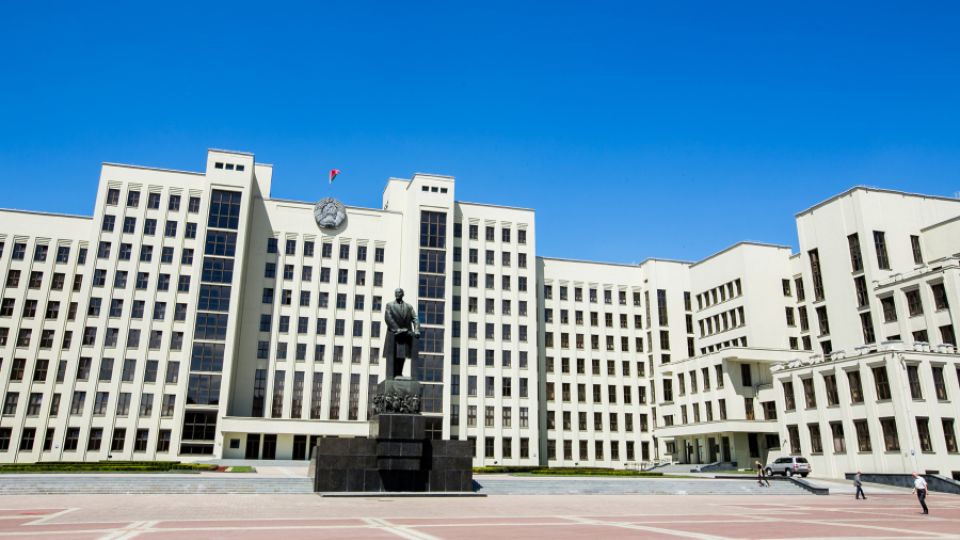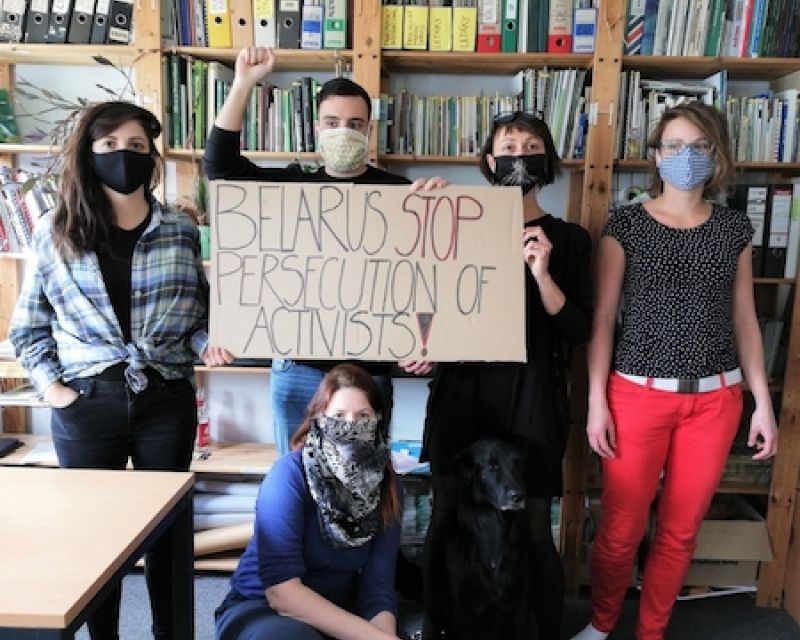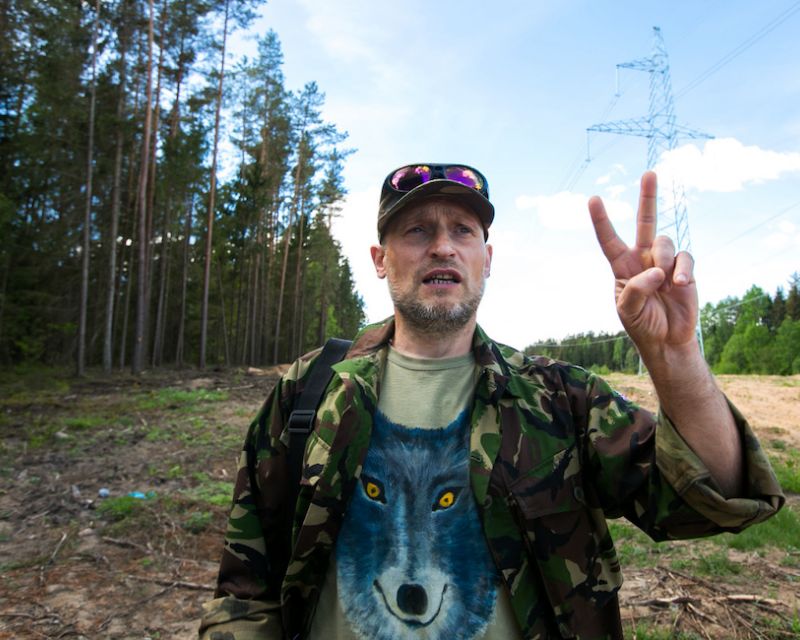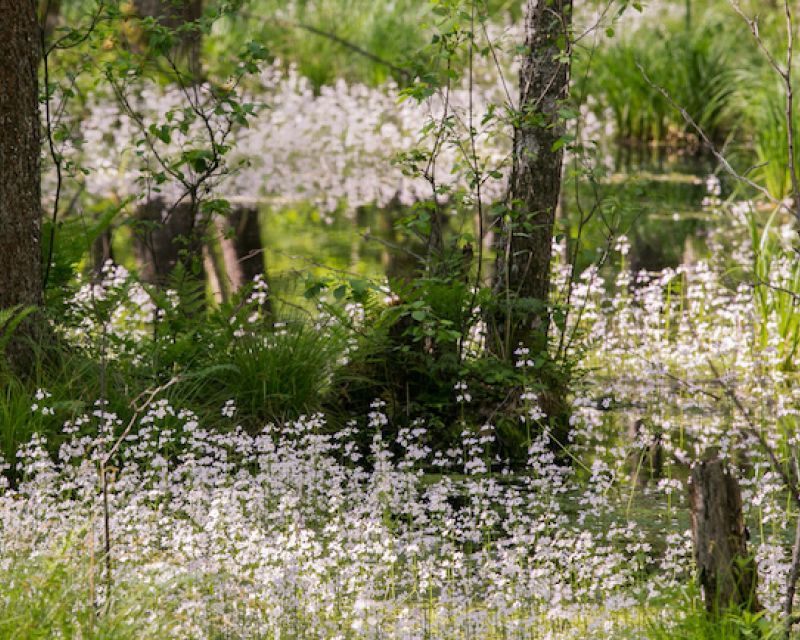At first glance, Belarus is a land of forests and meadows, proud of its clean food production. At the same time, however, it is the state worst hit by the nuclear cloud after the explosion of the Chornobyl nuclear power plant. Even three decades after the collapse of the Soviet Union, the majority of heavy industry remains state-owned – and without the necessary investment in new technologies. Although the overall pollution level is significantly lower than, for example, in Kryvbas, Ukraine, obsolete factories significantly burden the inhabitants in their vicinity.
Belarus is the last dictatorship in Europe. Although it has signed several international conventions, people do not have access to information and can hardly influence environmental decisions. After the rigged presidential elections in 2020, the state systematically persecuted environmental activists and civic initiatives. Belarus, under Lukashenko, is the first country to withdraw from the Aarhus Convention on environmental democracy (July 2022).
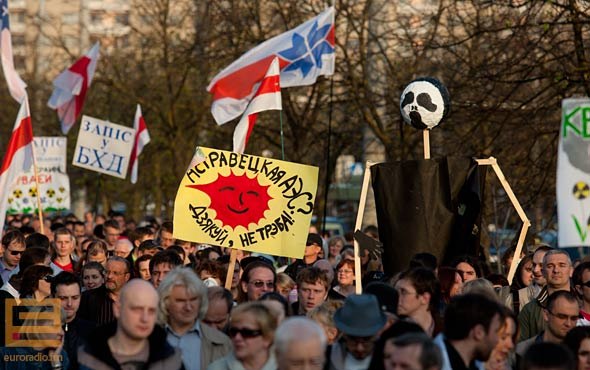
We assist civic initiatives in defending their environment, even at the cost of imminent persecution or even arrest. For example, the citizens of Brest opposed the construction of an accumulator production plant or the movement against the Astravets nuclear power plant – the largest civic protest before the 2020 democratic revolution. We have published a report on environmental democracy in Belarus. We document cases of activists’ persecution and help them.
Despite the unfavorable political situation, we supported the creation of the Belarus Green Vision, defining the direction the country's development could take after the necessary democratic transition.
We supported the development of AirMQ – civic air pollution monitoring network, published several analyses on environmental pollution and contributed to identifying some of the hot spots. The capital's inhabitants received the Green Map of Minsk; a Household Guide on Chemical Safety was created for all residents.
Information in Russian can be found at https://arnika.org/ru/belarus
The Transition Promotion Program of the Ministry of Foreign Affairs of the Czech Republic supports our work.




